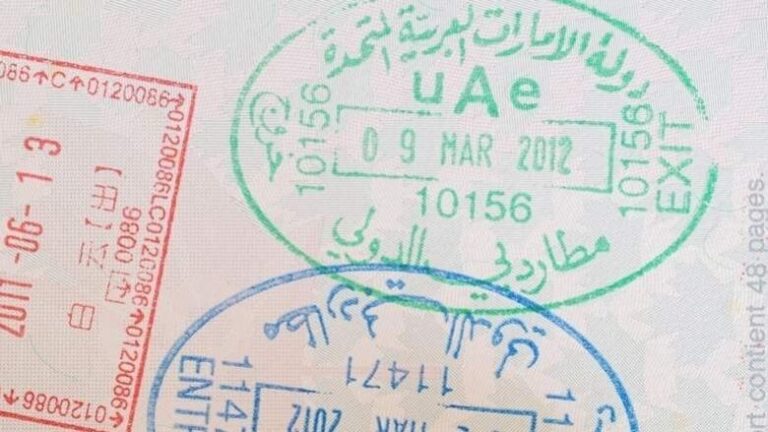UAE: Facing enormous fines and unresolved disputes, many overstaying residents in the UAE, who have not seen their families for years, are pinning their hopes on the upcoming visa amnesty.
For some, the amnesty represents not just a chance to regularize their status and stay in the UAE but an opportunity to return home after years of struggle.
Nicholas Deneka, a 45-year-old Nigerian, has been stuck in the UAE for four years, with fines exceeding Dh150,000. Deneka, who once worked as a construction supervisor, lost his job due to the Covid-19 pandemic’s economic fallout in 2020.
Despite his best efforts to find new employment, the mounting overstay fines have made it nearly impossible for him to secure a legal job. “After my visa expired, I continued to look for a job. But my fine amounted to more than Dh50,000 by August 2022. I lost any hope of paying that off as I had to support my family back home,” Deneka explained.
To survive, Deneka took on odd jobs, working as a porter, car cleaner, and house cleaner. “It’s been a tough few years, and every day has been a battle. I never imagined my life would turn out this way,” he shared.
“This amnesty is my last hope. I want to go back to my family and start over. The UAE has given me a lot, but now it’s time for me to go home,” Deneka added.
The UAE Government has announced a two-month amnesty starting September 1, allowing visa violators to regularize their status and have their fines waived. Specific details regarding the process are yet to be disclosed.
Salary Disputes and Desperation
For others like Mary Bangcas (name changed), a 32-year-old Filipina, the amnesty represents a chance to finally reunite with her family after six long years apart.
“I miss my family terribly. It’s been so long since I have seen them, and this situation is tearing me apart,” said Bangcas, who arrived in Dubai in 2018. Initially employed as a receptionist, she had to quit in December 2022 due to salary disputes and other unresolved issues. Her employer retaliated by filing a case against her, leading to a travel ban.
“I have pending salaries and benefits to collect from my company. They have kept me in this position, unable to work or leave,” said Bangcas, who now sees the amnesty as her only hope to resolve her legal troubles.
Escape from Abuse
Raj Kumar, 38, from Tamil Nadu, India, also views the amnesty as a lifeline. Kumar came to the UAE in 2019 to work as a construction laborer but soon found himself trapped in a nightmare of abuse and exploitation.
Kumar stated that his employer “subjected him to constant verbal and physical abuse,” withholding his passport and salary to prevent him from leaving.
In 2022, he fled from his abusive employer, becoming an absconder and invalidating his visa. “I was scared to go to the authorities because I didn’t know what would happen to me. I had no money, no place to go, and no way to get back home,” Kumar recalled.
Now, the amnesty offers him a glimmer of hope. “This grace period is my only chance to come out of hiding, clear my name, and go back to my family,” he said. “I’m grateful for this opportunity and hope to start a new life.”


